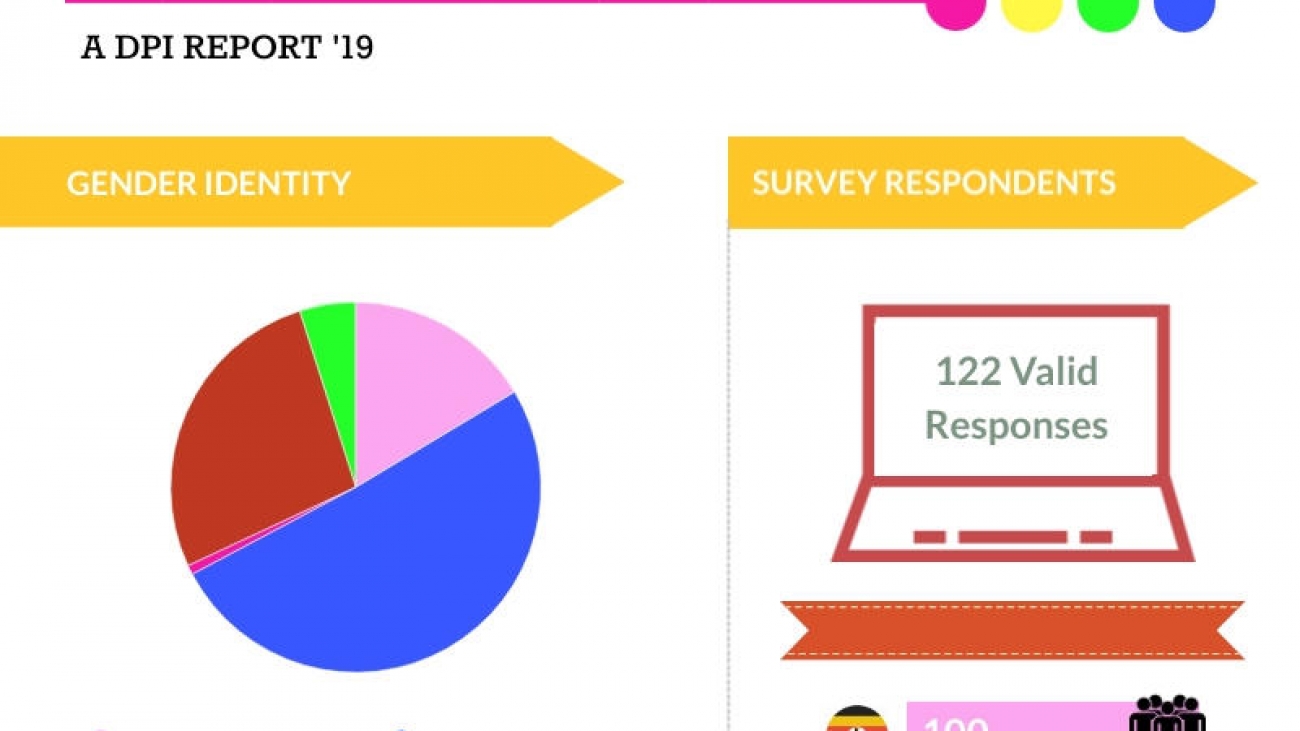People who are Lesbian, Gay, Bisexual and Transgender face a lot of persecution in Uganda as a result of their sexual orientation and gender identity. Persecution for LGBT people in Uganda is favored by laws that criminalize same sex relations and these laws are enshrined in Uganda’s Constitution and Penal Code Section 145 where any person who has carnal knowledge of any person against the order of nature or permits a person to commit the offence is liable to life imprisonment. Acts of hate towards LGBT people are also demonstrated by religious groups that preach against homosexuality and cultural institutions that propagate a notion that homosexuality is un-African. <!–more–>
Homophobia in Uganda is manifested in varied ways but commonest of them are, attacking purported homosexuals in public malls and spaces, exposing in media the pictures and addresses of LGBT people, verbal abuses in especially public spaces, beating and scourging, break ins into houses and premises of known and suspected LGBT people, dismissal from jobs, subjection to corrective rape, isolation, arrests and imprisonment without trial, banishment from home, evictions, dismissal from school and a number of other attacks and violations, and hundreds of LGBT people in Uganda young and old have been victims to these attacks and violations.
Following the trend of violations, in 2014,
a report dubbed ‘From Torment to Tyranny’ published by Sexual Minorities Uganda
highlighted that in a period of four months between 20th December
2013 and May 2014, 162 cases of persecution of LGBT people had been recorded
and that the gravity of the violations was increasing. Further, in 2017 Amnesty
International in its report highlighting incidences where the rights to freedom
of expression, association and assembly were violated in Uganda noted that LGBT
people in Uganda continue to be denied acceptance to assemble with police
closing up LGBT pride parades and other assemblies.
However, amidst turbulent moments for LGBT people in Uganda, there has been a wave of Human Rights groups and individuals who have come out to support the LGBT movement in Uganda through varied ways especially relocation support for those evicted from houses, banished from homes and facing threats. Since relocation support has been at the center of the many avenues to support LGBT people, it is worthwhile through this report to assess its effectiveness and validity overtime.


